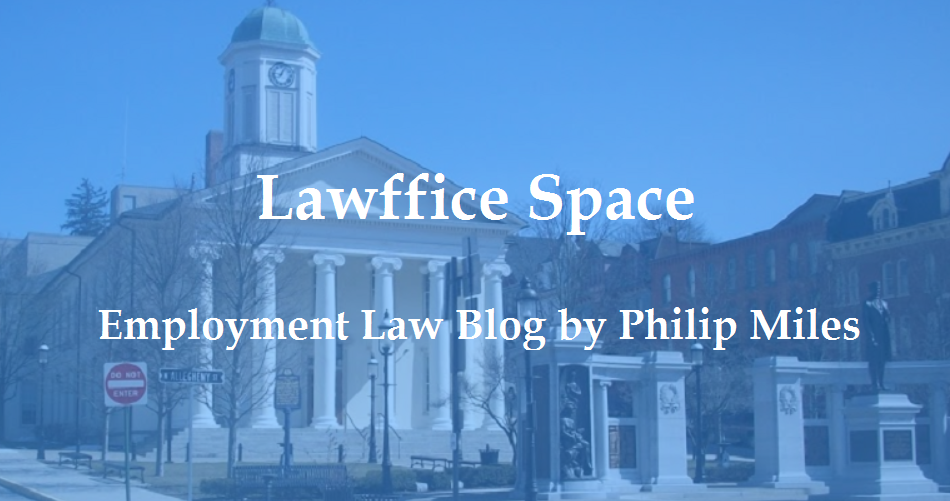Now, let's say a group of Benedictine monks choose to make and sell caskets as part of their ministry and to make money for their monastery. And, let's assume they're located in Louisiana. Bad news for them: they're not licensed funeral directors and their Abbey is not a licensed funeral establishment. Under Louisiana law, they are therefore prohibited from making and selling caskets.
Enter the Constitution. While it does not expressly include a "right to sell caskets," it does include a right to due process and equal protection under the law. These clauses generally prohibit state infringements of liberty absent a legitimate government interest. Under the lowest level of scrutiny, courts only require a "rational basis" for most "economic liberty" cases.
So, what government interest is served by forcing monks to obtain funeral director licenses before making and selling wooden boxes in which to bury people? Well, a Louisiana federal court couldn't find one:
There is no rational basis for the State of Louisiana to require persons who seek to enter into the retailing of caskets to undergo the training and expense necessary to comply with these rules. Simply put there is nothing in the licensing procedures that bestows any benefit to the public in the context of the retail sale of caskets. The license has no bearing on the manufacturing and sale of coffins. It appears that the sole reason for these laws is the economic protection of the funeral industry which reason the Court has previously found not to be a valid government interest standing alone to provide a constitutionally valid reason for these provisions.The licensing restriction was therefore held unconstitutional. For now, the monks have vindicated their right to make and sell caskets.
Citation: St. Joseph Abbey v. Castille, No. 10-2717 (E.D. La. July 21, 2011).
Image: St. Benedict public domain.
Posted by Philip Miles, an attorney with McQuaide Blasko in State College, Pennsylvania in the firm's civil litigation and labor and employment law practice groups.


No comments:
Post a Comment